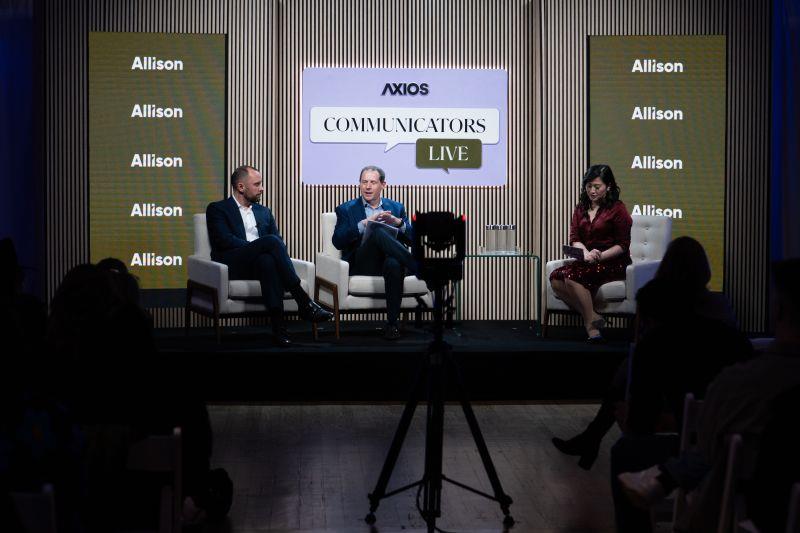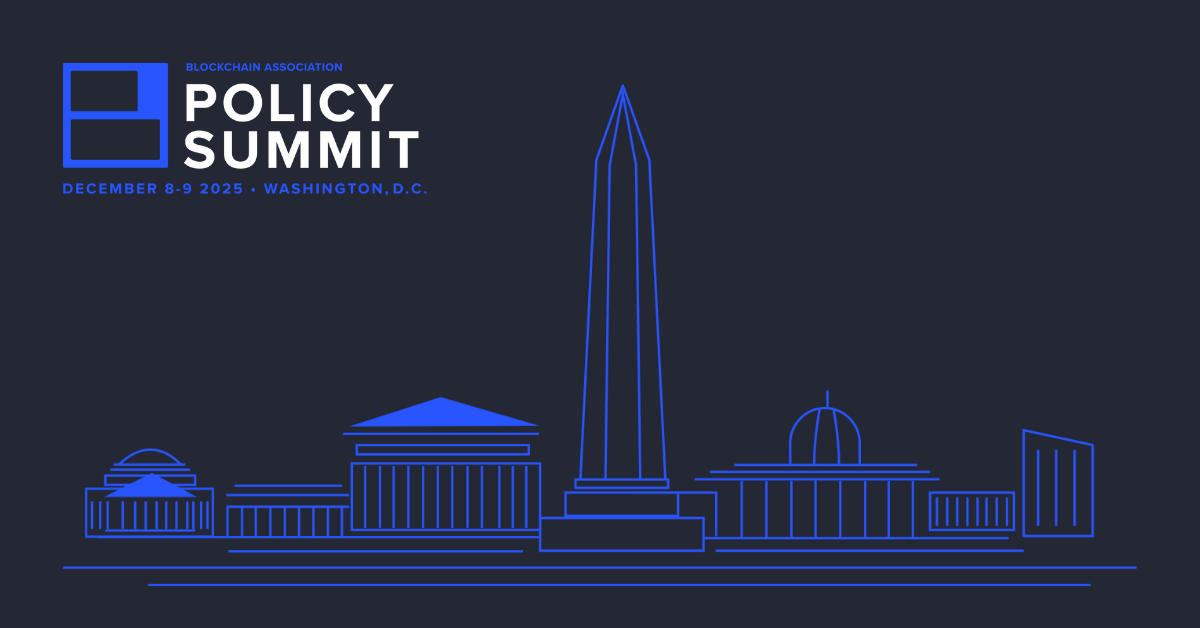HarrisX Unveils Groundbreaking Insights on Public Perception of AI in Political Contexts at AAPOR 2024
Earlier this month, HarrisX presented compelling findings at the 79th Annual American Association for Public Opinion Research (AAPOR) Conference. The study, titled "Measuring the Echo: Quantifying Public Opinion in the Era of Artificial Intelligence (AI)," explores U.S. voters' ability to distinguish between AI-generated and human-created content, with significant implications for the upcoming 2024 elections.
Key Findings:
- Detection Challenges:
- 52% of Respondents incorrectly identified AI-generated videos as human-made.
- 54% of Respondents mistakenly thought human-created videos were AI-generated.
- Emotional Responses to AI Content:
- Negative emotions dominated, with 35% of voters feeling fearful and 28% feeling uncertain upon learning content was AI-generated.
- Positive reactions were minimal, with only 6% expressing satisfaction or optimism.
- Confidence vs. Accuracy:
- Initial confidence in distinguishing AI from human content was low, with 40% of voters feeling confident.
- Post-exposure, accuracy in correctly identifying AI content increased to 67%, yet confidence only slightly improved to 47%.
- Partisan Differences:
- Democratic voters showed an increase in confidence from 46% to 52% post-exposure.
- Republican and Independent voters experienced significant boosts in accuracy, rising by 32% and 33%, respectively.
- Impact on Political Campaigns:
- AI's role in misinformation is highlighted, with examples like a deepfake of President Joe Biden targeting New Hampshire voters and a similar tactic in Indonesia involving former leader Suharto.
- The pervasive use of AI technology poses risks of voter manipulation and misinformation in the 2024 global elections.
Survey Methodology: The HarrisX poll surveyed 3,030 registered voters, with a margin of error of ±1.8 points. Subgroups included Democratic, Republican, and Independent voters, each with respective margins of error of ±2.9, ±3.2, and ±3.5 points.
Conclusion: The study underscores the urgent need for public education on AI and its potential regulatory measures, especially as we approach a major election year. HarrisX CEO Dritan Nesho emphasized the importance of these findings, stating, "In an era where AI can easily blur the lines between reality and fabrication, understanding public perception is crucial to maintaining the integrity of our democratic processes."
For more information and detailed findings, see the full presentation above.







.png)